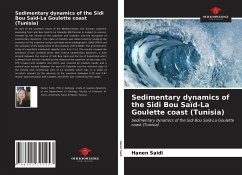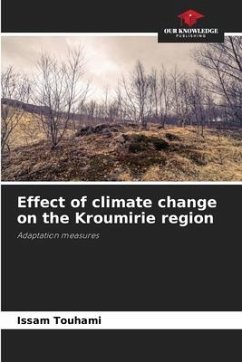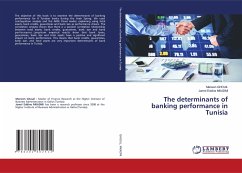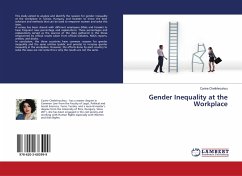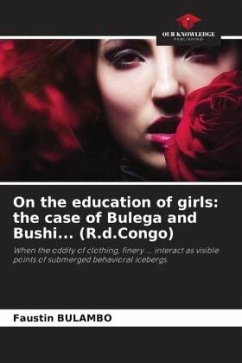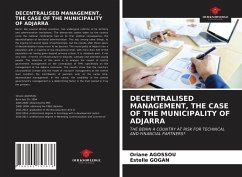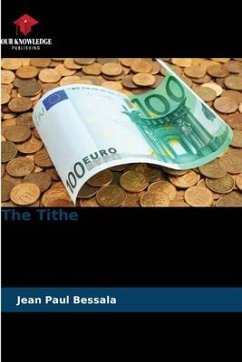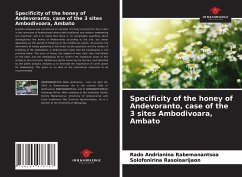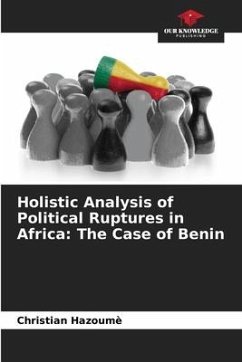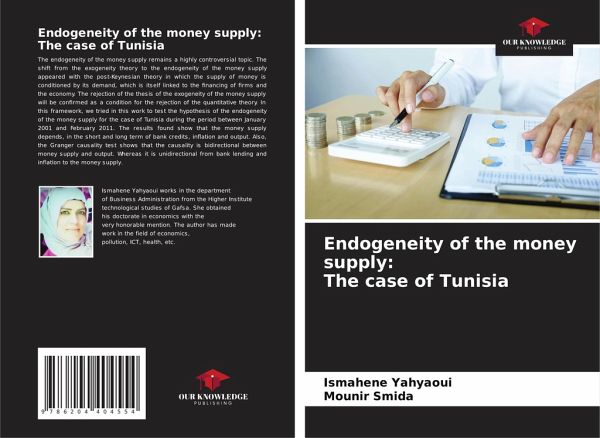
Endogeneity of the money supply: The case of Tunisia
Versandkostenfrei!
Versandfertig in 6-10 Tagen
40,99 €
inkl. MwSt.

PAYBACK Punkte
20 °P sammeln!
The endogeneity of the money supply remains a highly controversial topic. The shift from the exogeneity theory to the endogeneity of the money supply appeared with the post-Keynesian theory in which the supply of money is conditioned by its demand, which is itself linked to the financing of firms and the economy. The rejection of the thesis of the exogeneity of the money supply will be confirmed as a condition for the rejection of the quantitative theory. In this framework, we tried in this work to test the hypothesis of the endogeneity of the money supply for the case of Tunisia during the pe...
The endogeneity of the money supply remains a highly controversial topic. The shift from the exogeneity theory to the endogeneity of the money supply appeared with the post-Keynesian theory in which the supply of money is conditioned by its demand, which is itself linked to the financing of firms and the economy. The rejection of the thesis of the exogeneity of the money supply will be confirmed as a condition for the rejection of the quantitative theory. In this framework, we tried in this work to test the hypothesis of the endogeneity of the money supply for the case of Tunisia during the period between January 2001 and February 2011. The results found show that the money supply depends, in the short and long term of bank credits, inflation and output. Also, the Granger causality test shows that the causality is bidirectional between money supply and output. Whereas it is unidirectional from bank lending and inflation to the money supply.



